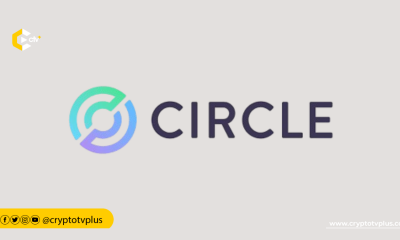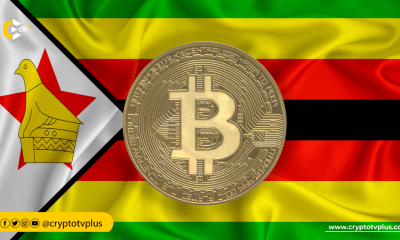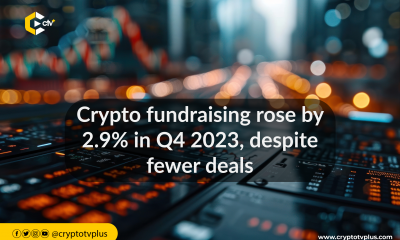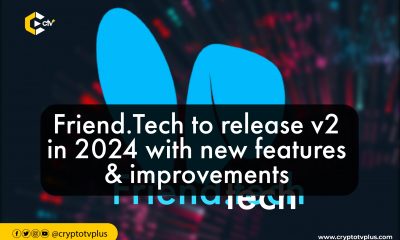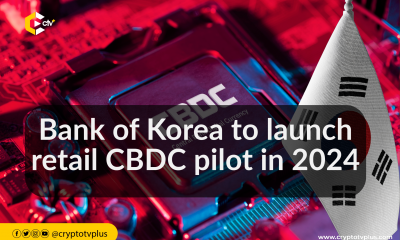News
Venezuela extends the revamp of its crypto regulatory body till 2024
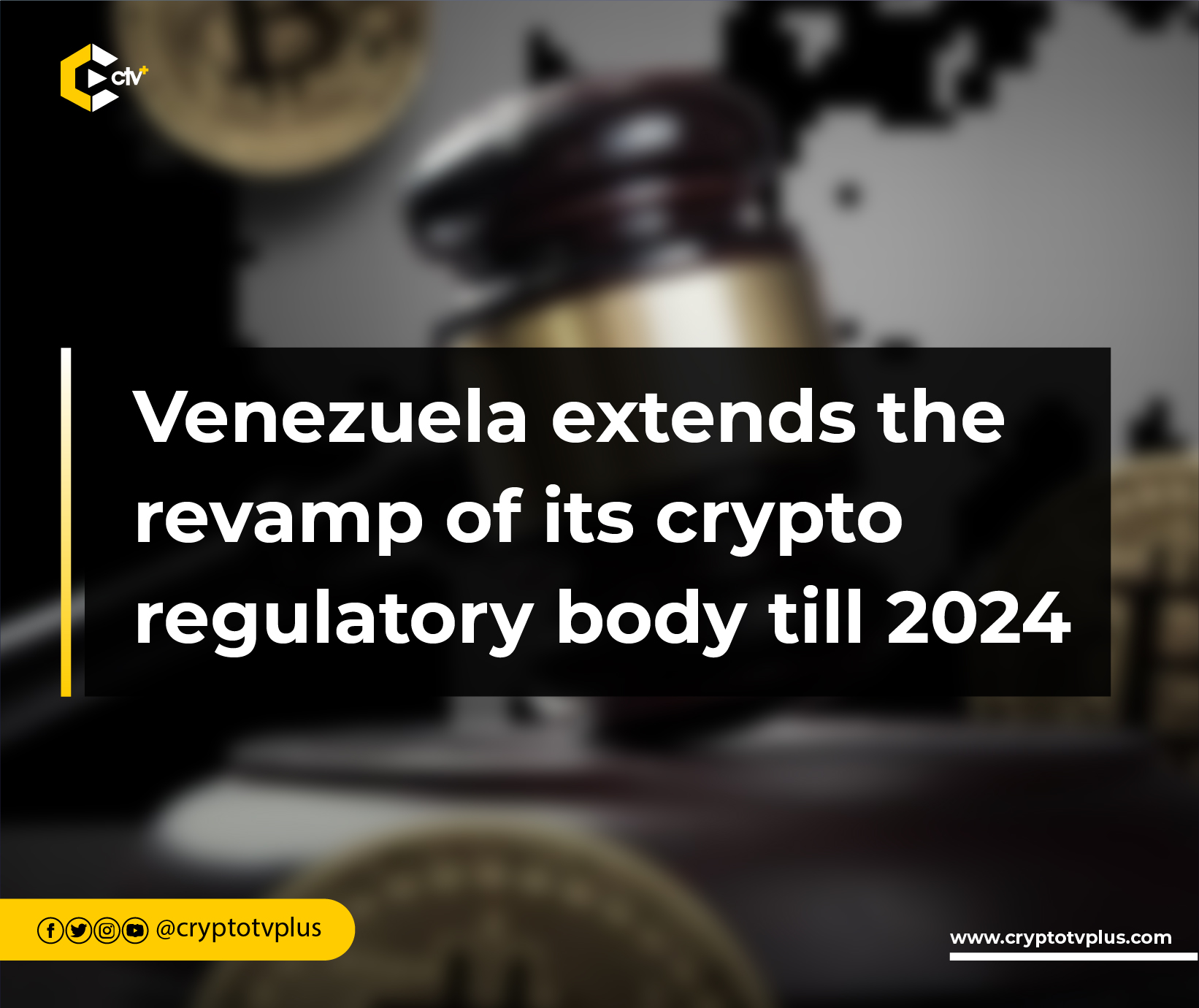
The Venezuelan government has declared a six-month extension for the restructuring of its cryptocurrency regulatory entity, Sunacrip.
This decision follows the suspension of Sunacrip’s operations in March 2023 due to a corruption scandal involving its officials.
Sunacrip, which stands for the Superintendencia de Criptoactivos y Actividades Conexas de Venezuela, which translates to the National Superintendence of Cryptoassets and Related Activities in Venezuela in English, serves as the regulatory body overseeing the nation’s cryptocurrency sector and digital mining endeavors.
It was established in early 2019 through a presidential decree and operates under the guidance of its professional staff.
One of Sunacrip’s primary responsibilities is to regulate digital mining facilities in Venezuela. Additionally, it issues quality certifications to individuals or entities engaged in the local manufacturing or assembly of digital mining equipment.
Sunacrip’s overarching goal is to promote and incentivize the establishment of digital mining operations within the country.
Arrest of Petro official
According to the presidential decree, the extension of the restructuring period, which officially began on September 17, will last until March 24, 2024.
This decision, communicated by Venezuela’s President Nicolás Maduro, comes as the government endeavors to address the aftermath of the corruption scandal and breathe new life into its cryptocurrency oversight body.
The corruption scandal that prompted the reorganization of Sunacrip in March also resulted in the apprehension of at least ten individuals, including Joselit Ramirez Camacho, who had been at the helm of the cryptocurrency department since its inception.
Allegations surfaced that Joselit misappropriated more than $3 million from state funds during his tenure at Sunacrip. His duties encompassed overseeing cryptocurrency regulations and orchestrating the implementation of Petro, rendering his arrest a significant setback for both the agency and the national cryptocurrency initiative.
Petro project
Petro is a cryptocurrency introduced by the Venezuelan government in 2018 as a response to international sanctions and an effort to revitalize the nation’s economy.
It’s a central bank digital currency utilizing blockchain technology and initially had a value linked to one barrel of Venezuelan oil.
The government planned to issue 100 million Petro tokens, valuing the entire issuance at over $6 billion. During its ICO, Petro could be purchased with various cryptocurrencies and a minimum investment requirement.
However, Petro is not traded internationally and has limited use in Venezuela’s daily transactions. The extent of government control over Petro, including transaction reversals, remains uncertain.
While initially promoted as an alternative to the hyperinflated Venezuelan bolivar and a means to bypass US sanctions, the practical implementation of the project has proven more complex than anticipated.
One of the noteworthy developments regarding Petro was the speculation in the summer of 2023 that the government was planning to liquidate the currency.
However, as of the time of this publication, the official Petro webpage remains operational, indicating ongoing interest in the national cryptocurrency.
Venezuela’s decision to extend the reorganization period for Sunacrip carries significant implications, affecting not only the agency but also the broader crypto landscape in the country.
It underscores the government’s commitment to addressing the corruption scandal and restoring stability to the crypto sector.
Despite the setbacks caused by the scandal, Venezuela has been at the forefront of Latin American countries in terms of crypto regulation.
Sunacrip’s initial establishment in 2018 marked a proactive step toward comprehensive oversight of crypto activities within the nation.
The agency was tasked with ensuring compliance with regulations related to crypto trading and the use of digital assets in various industries.
Read also; Circle to use USDC to distribute aid in Venezuela



